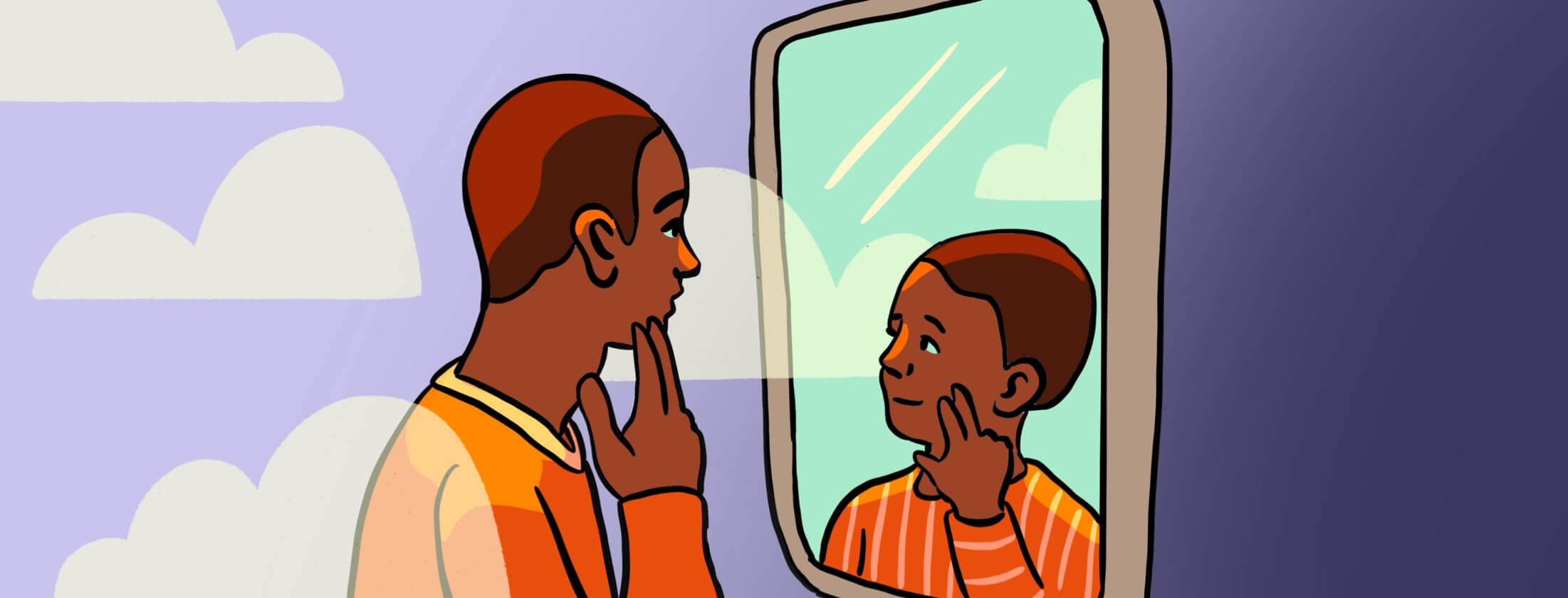Coming of Age with Psoriatic Arthritis is Challenging
Growing up is tough, but life felt a little harder to navigate after my juvenile psoriatic arthritis (JPsA) diagnosis. I had all the symptoms of a person with psoriatic arthritis (PsA), like pain, fatigue, and swelling. But to the world, I was "too young" to feel those things yet and quickly learned I had to be my own advocate. My mother and I were thrown into a new world of navigating accommodations, educational rights, and more.
Years ago, I heard this parenting saying, "Little kids, little problems; big kids, bigger problems." As I got older, the challenges got more complicated. While things did get harder, it wasn't as hard as being thrown into the deep end like I was at the time of my diagnosis. By the time I was in high school, I started having to make choices and navigate things that would carry me through my entire life.
Featured Forum
View all responsesLooking back, I realize that so many of my coming-of-age activities were affected by my JPsA. While nothing is impossible, some things might look different for people with arthritis:
Learning to drive with JPsA
Driving is a valuable skill and a rite of passage for most teenagers. However, for a person with JPsA, it might be challenging to hit the necessary number of practice hours. Having shorter lessons or practice sessions can help avoid aggravating your joints.
Lucky me, I had some intense neck flares that limited my range of motion for some time. I wasn't doing enough blind spot practice and had to ask for help to ensure I was clear.
I eventually learned to drive correctly and got my license, and so did all my friends with juvenile arthritis. And yes, PsA still makes it difficult at times. My hips don't love traffic, and they will seize up when holding the brake for long periods.
Getting a part-time job
Many teens are excited to go out and make their own money after school or during the summer. But some jobs open to teens can be tough on your joints, whether it's manual labor, working with your hands, or just being on your feet all day. It doesn't mean finding part-time work is impossible; it just means getting creative about where you apply.
Many of my friends with juvenile arthritis and I got creative with our part-time jobs. There were babysitters and nannies, tutors, cashiers at Aldi's (they let you sit on a stool!), and employees at smaller stores and boutiques. These jobs were easier to balance when you were already juggling classes, homework, and other commitments, plus chronic pain and fatigue on top of it.
Getting your diploma
Grades in high school are important, especially if you have plans for post-secondary education. However, JPsA can make it hard to be a good student. Flares and doctor's appointments can cause a lot of absences, and it can be hard to sit through a class when you're in pain.
Thankfully, students with JPsA have the right to accommodations in the classroom to make things easier. For example, they may get up and stretch or use voice-to-text technology. For students who miss a lot of school due to their health, there are also more opportunities for homeschooling via online classes.
It's tough being a teen with JPsA
It's not easy being young with a chronic illness. Everyone expects that because you're young, you're full of energy and bounce back quickly! But that isn't always the case. I always marveled at my classmates, who never seemed to stop, bouncing around from honors classes to sports to part-time jobs.
That said, I still had a lot of fun. I still went to concerts and prom, had relationships and awesome friends, graduated and made plans for the future. Even with JPsA, I enjoyed being a teen—even though it looked slightly different for me.

Join the conversation